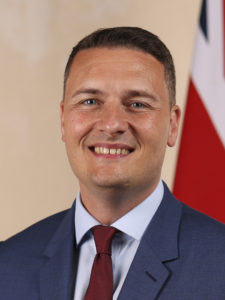
Streeting says junior doctors’ strike could break the NHS
- Junior (now called resident) doctors have announced a five-day strike commencing on 25th July, following a ballot by the British Medical Association (BMA; a doctors’ union).
- The industrial action is in pursuit of a 29% pay rise, which doctors claim is necessary to address pay erosion since 2008-09, after rejecting a more than generous 5.4% offer.
- Last year, they accepted a 22.3% pay uplift over two years from April 2023, but they are angry with this year’s offer.
- The strike is expected to result in the cancellation of tens of thousands of operations and appointments, further impacting NHS waiting lists.
- Around 90% of doctors who took part in the ballot voted for strike action. However, that was with a 55% turnout (29,741 voted to strike). That’s compared to a 77% turnout in the 2023 ballot, which saw up to 23,000 doctors a day walk out at the height of a dispute that ran over 11 strikes into 2024.
- Health Secretary Wes Streeting has urged doctors to call off the strikes, warning that the NHS recovery is “hanging by a thread” and accusing the BMA of threatening it.
- Mr Streeting urged the BMA to abandon its walkout, saying that doctors’ strikes “ruin lives” and could lead to job cuts.
Average salary for junior/resident doctors
The average salary for junior/resident doctors in England ranges from £36,616 to £63,152 per year. When they become consultants (bosses), their salary will be £105,504 to £139,882 per year.
At this point, they can earn almost unlimited amounts doing private practice, and will retire with platinum-level pensions.
What do you think?
Are the doctors justified in their grievance? Or should they now accept a generous offer, way above other offers to state workers, in a financially tight time for all of society?

